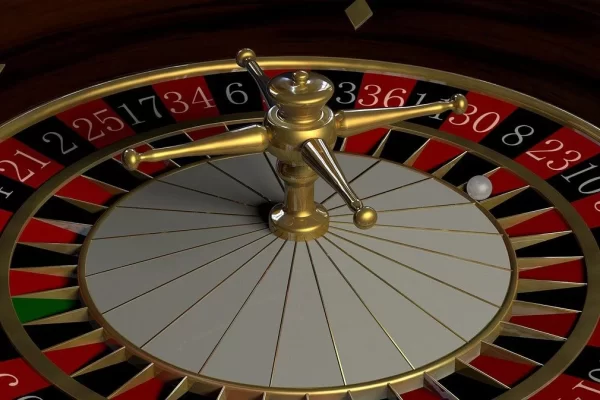Gambling disorder, though not a substance abuse addiction, is a serious mental health condition that necessitates specialist care.
Problem gamblers face a range of negative outcomes, such as financial loss, social isolation and legal troubles.
Like other forms of addiction, pathological gambling can be treated. The same medications and therapy that are typically employed to address substance addictions may also prove helpful in treating problem gambling.
It is a game of chance
Gambling is any game of chance that requires players to wager money and has an unpredictable outcome, such as lottery tickets, playing cards or roulette, or picking a numbered ball. It can range from lotteries, playing cards or roulette, to picking numbers at random.
However, some games that require skill can also be classified as gambling – like horse racing. Furthermore, some people consider trading stocks or buying financial instruments to be a game of skill.
Gambling addiction shares many similarities to drug addiction, driven by an intense need for rewards and thrills. Unfortunately, these behaviors can lead to financial issues, legal troubles, and troubled relationships with family or friends.
Cognitive biases can contribute to gambling addiction, such as the illusion of control (a gambler’s belief that they have more control over a game of chance than is actually true) and outcome bias (an individual’s tendency to ignore risk in favor of desired results). Furthermore, individuals suffering from this issue may also experience other mental health disorders like depression or anxiety.
It is a social activity
Some individuals find gambling to be a harmless social pastime that they can enjoy without developing an issue. On the other hand, for some it becomes an addiction which impacts their relationships with friends and family members.
Research has shown that certain individuals are more vulnerable to developing a gambling addiction than others, particularly Hispanics, Asians and Blacks. This trend appears to be particularly true for these groups.
It is also essential to remember that the risk of developing a gambling disorder increases with proximity to casinos, race tracks and other venues where gaming occurs. According to research, those living within 30 miles of an established casino are twice as likely to develop an issue as those who live more than 60 miles away from the closest one.
The psychology of gambling addiction is complex and may involve chemical changes in the brain. However, treatments like cognitive behavioral therapy and other interventions may help. If you believe someone you care about is suffering from a gambling problem, it is critical to reach out for assistance.
It is a form of entertainment
Gambling is an entertaining pastime that involves betting something of value on an event determined by chance. This could be through games of chance like fruit machines and scratchcards, or betting activities like horse racing or lottery tickets.
People can become addicted to gambling due to a variety of causes, such as chemical changes in the brain. They may also have other life problems like debt or legal disputes that contribute to this addiction.
They may find that gambling helps them cope with difficult emotions such as boredom or sadness. This is because it creates an atmosphere of excitement and glitz which may ultimately improve their moods.
It is essential to learn ways to manage unpleasant feelings more productively, such as exercising, spending time with friends who don’t gamble, or practicing relaxation techniques. Alternatively, people can seek professional assistance from a counsellor or therapist in order to overcome their gambling issue.
It is a form of gambling
Gambling is the act of betting with money or something of value with the hope of winning more than you had initially invested. This can take the form of playing cards, betting on sports events or entering a lottery.
Gambling can be fun and harmless, but it can become a problem when it causes harm to one’s health or finances – this is known as gambling addiction.
Gambling disorder is a global issue that can affect individuals of all ages, races and genders. It may be caused by various factors such as mental health issues, personality traits, medications or gambling opportunities.
Gambling addiction may manifest itself in various ways, such as increased risk-taking and an obsession with it. It could also lead to debt accumulation, lying and lifestyle modifications; additionally, it may be accompanied by emotional symptoms like depression or anxiety.











